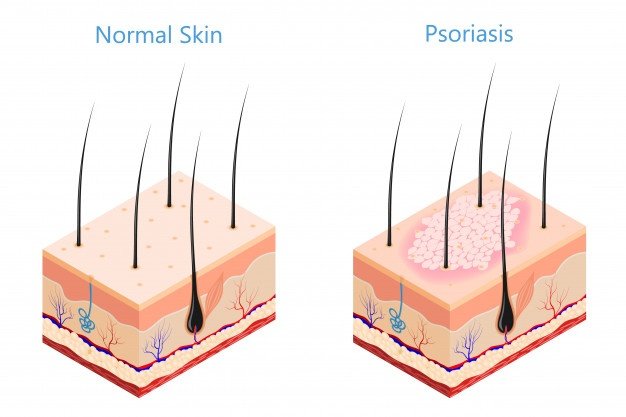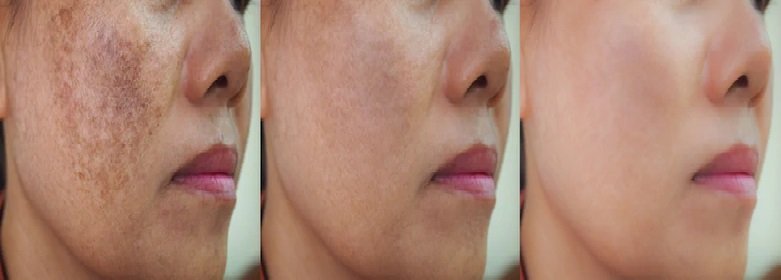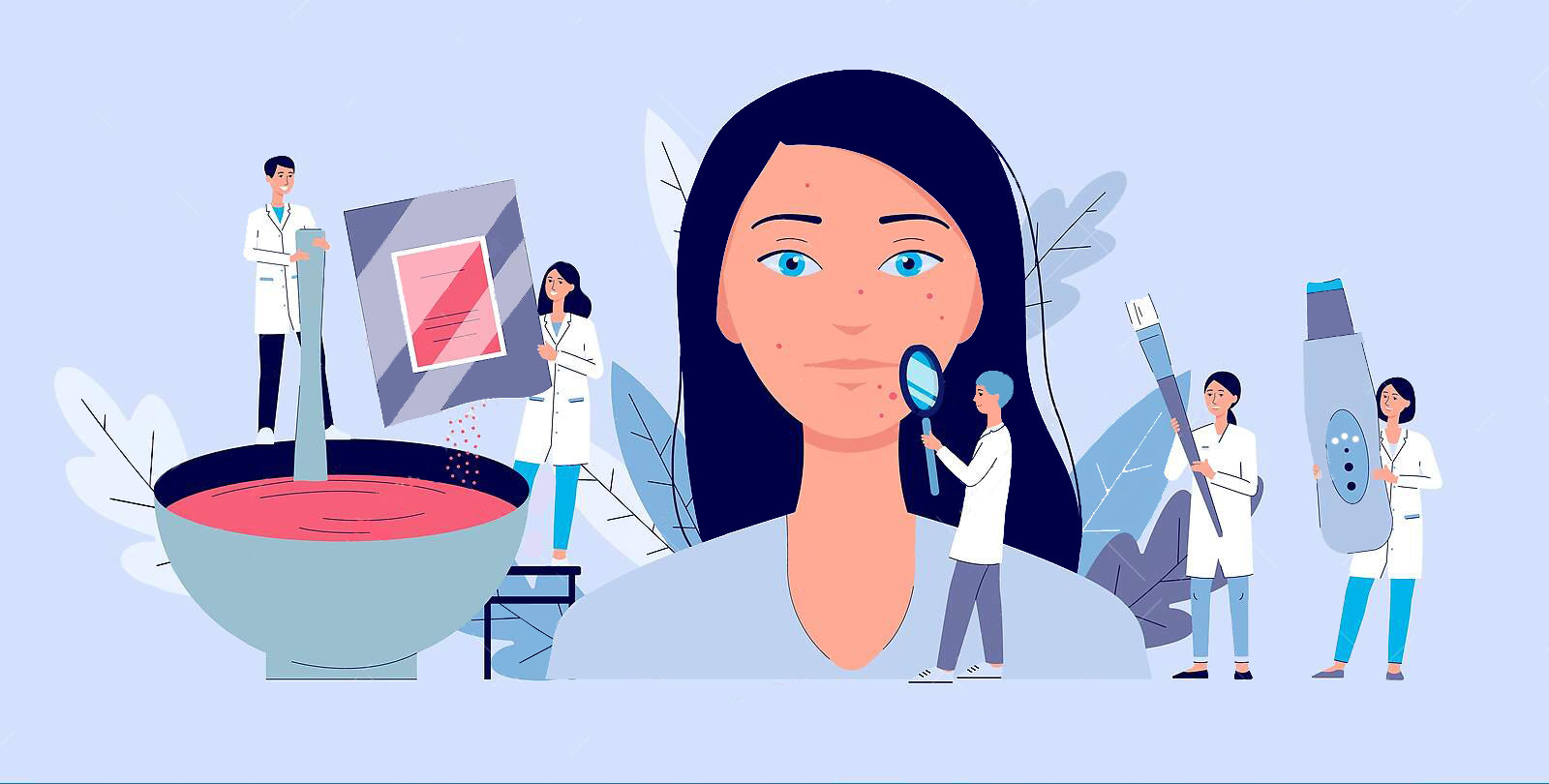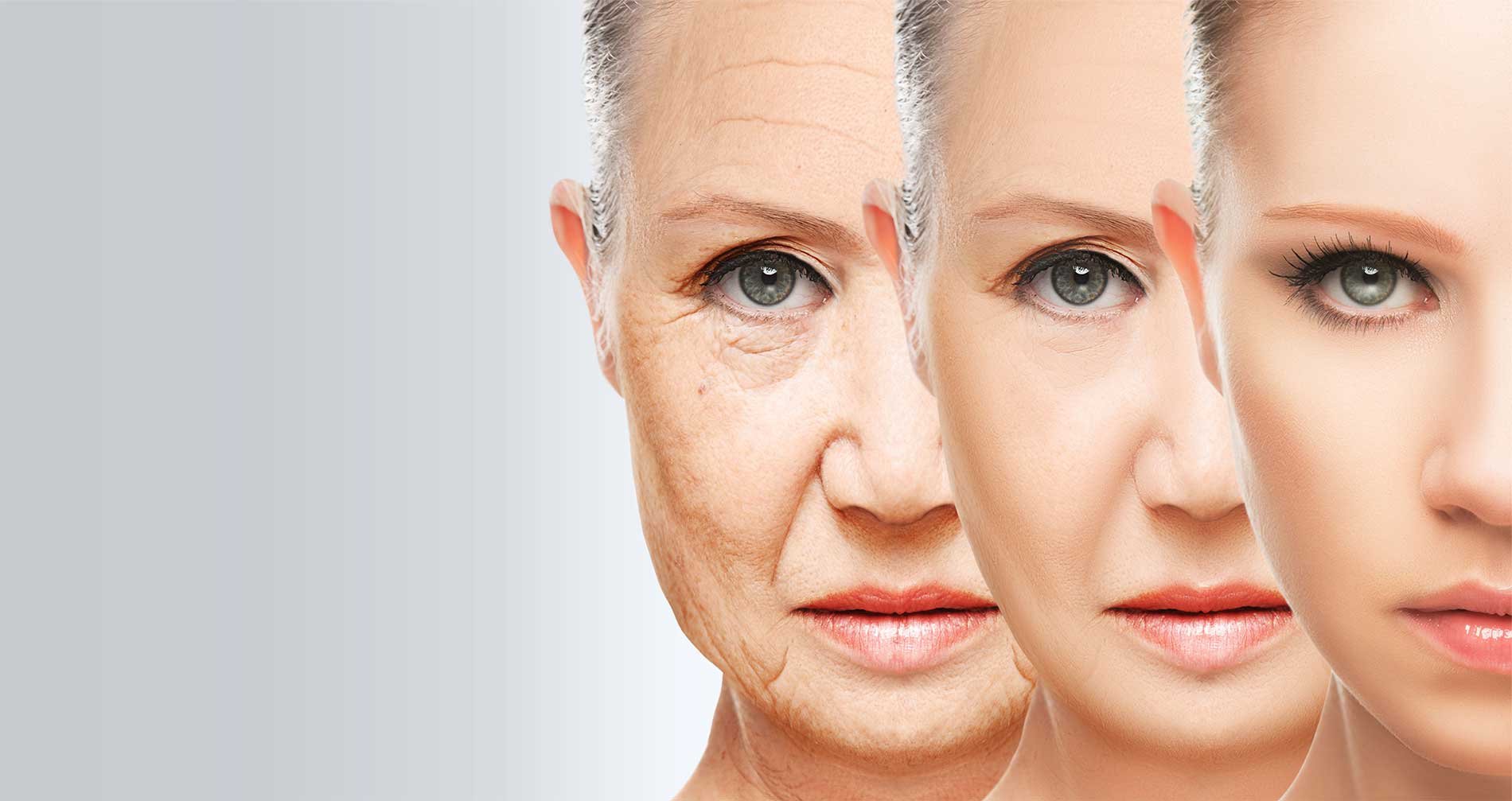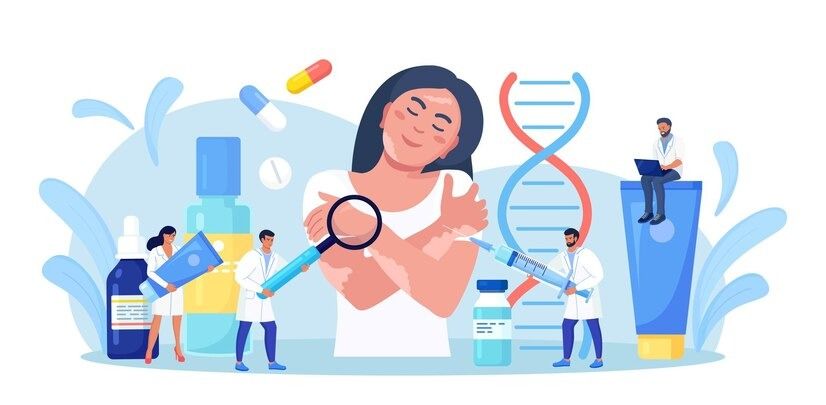
There are certain skin related problems that can be treated at home, while others require a specialist’s care.
A dermatologist is a skin specialist who is specialized in the health-related issues of your hair, skin, and nails.
While there are numerous reasons why you may want to see a Skin Specialist in Ghaziabad.
There are a number of treatments available for different skin conditions like:
- Skin whitening treatment: Skin lightening therapy seeks to reduce the excess melanin content in your skin. It is now easier than ever to restore your skin's lost shine and tone.
- Psoriasis treatment: Psoriasis treatment seeks to stop the growth of skin cells and eliminate scales.
- Laser hair removal treatment: Laser hair removal is a medical technique that removes unwanted hair by using a focused beam of light (laser).
- Vitiligo treatment: Vitiligo is a skin disease in which whitish patches of skin appear.
These are the treatments that can make them slightly better but can be tried to eliminate them completely. So it’s important to have realistic expectations from the skin specialist.
6 Reasons to Schedule a Dermatologist Visit:
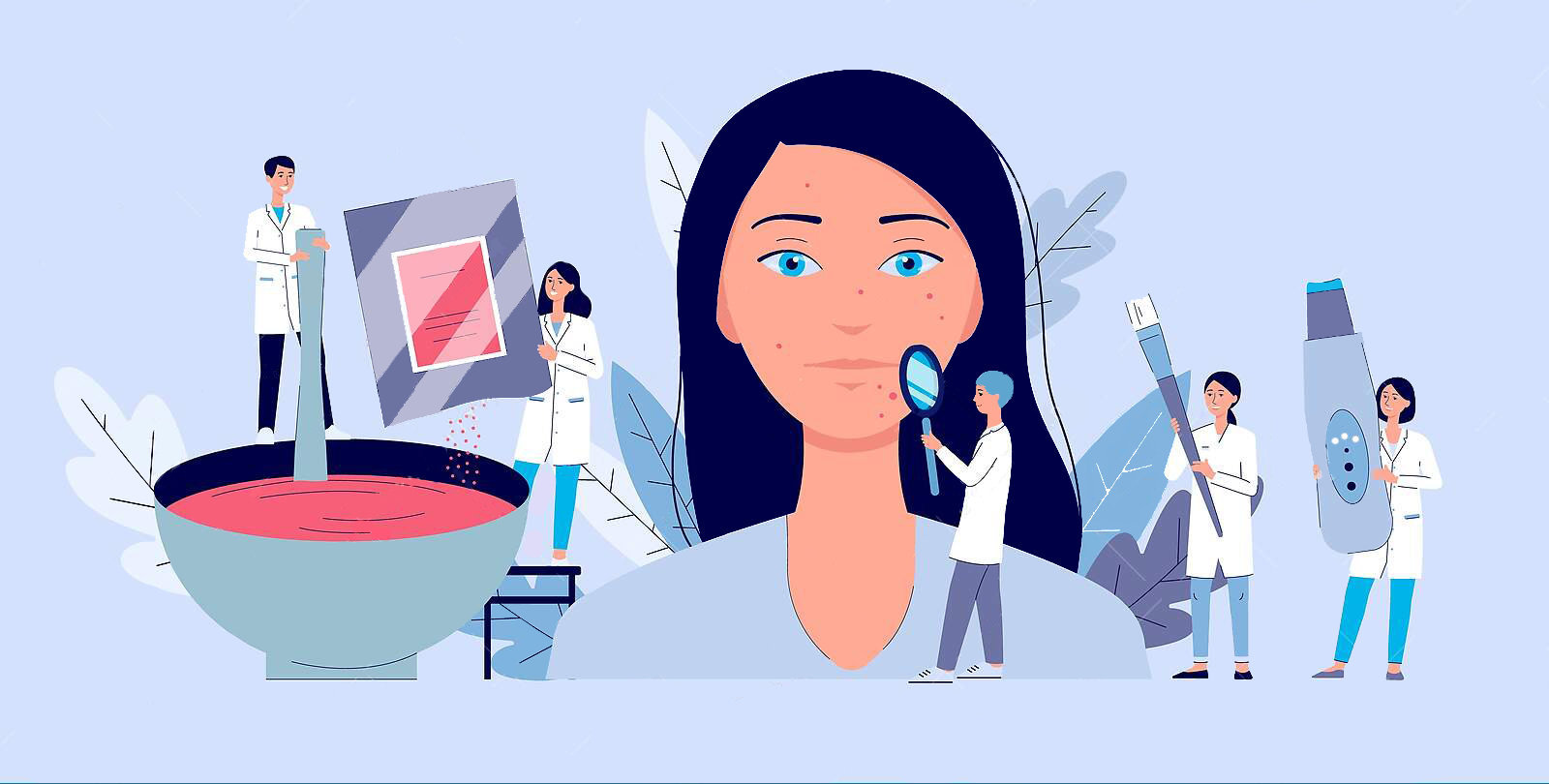
A dermatologist plays a very important role in screening, educating, and treating various skin issues, including:
- Acne: If you are suffering from an acne problem that is not responding to counter skin treatment, you should schedule a visit with a dermatologist for the treatment.
A skin specialist can determine which kind of prescribed treatment would be most effective for your acne problem. - Skin cancer: A dermatologist can analyze and screen you for skin cancer. You should talk often to your family doctor or dermatologist about the changes to your skin-related issues. An annual body check becomes especially important if you tend to fall into a high-risk group. If you are amongst them who have a history of blistering sunburns, fair-haired or light-eyed.
By routine skin examinations, we know that the early detection of skin cancer is crucial for successful treatment.
In addition to it, you should also recommend seeing a dermatologist if you notice a change in the shape, size, or coloring of any of your moles. A dermatologist can remove some or all of the suspicious tissue and examine it under a microscope to check for cancerous cells. Dermatologists also see people who are being treated for other cancers and experiencing skin side effects due to their medication. - Eczema: This chronic skin condition is characterized by irritation, itchiness, and flaky patches of skin. A dermatologist can help find ways to manage your eczema and prescribe any necessary treatment.
- Skin damage: If you are concerned about minimizing skin damage or caring for aging skin, a dermatologist can suggest products, lifestyle changes, or anti-aging treatments that reduce your exposure to damaging elements.
- Specialized care of skin, hair, and nails: You can talk to a dermatologist regarding any concerns you have about almost any condition that affects your appearance. For example, skin conditions ranging from discolorations to warts, to stretch marks, to skin pigmentation to psoriasis can all be treated by a dermatologist.
- Scar treatment: Dermatologists can offer skin treatments to improve the look of almost any scar, including acne scars and keloid (raised) scars. A dermatologist may advise you to go for plastic surgery treatment of more serious scars, such as those due to burns.
Preparing for Your Dermatologist Visit?
Before seeing a dermatologist, it helps to prepare for your visit by:
- Checking with your health insurance plan to find out what services are covered and whether you need a referral from your primary care provider before making an appointment.
- Having all the necessary identification and medical cards ready to bring with you.
- Writing down a list of the medications and supplements you’re currently taking.
- Bringing a list of questions and concerns to discuss.
- Skipping heavy cosmetics if you want the dermatologist to examine the skin on your face.
It’s also important to remember that while some procedures, such as a full-body skin exam, can be performed at your initial appointment; others may require a follow-up appointment.

